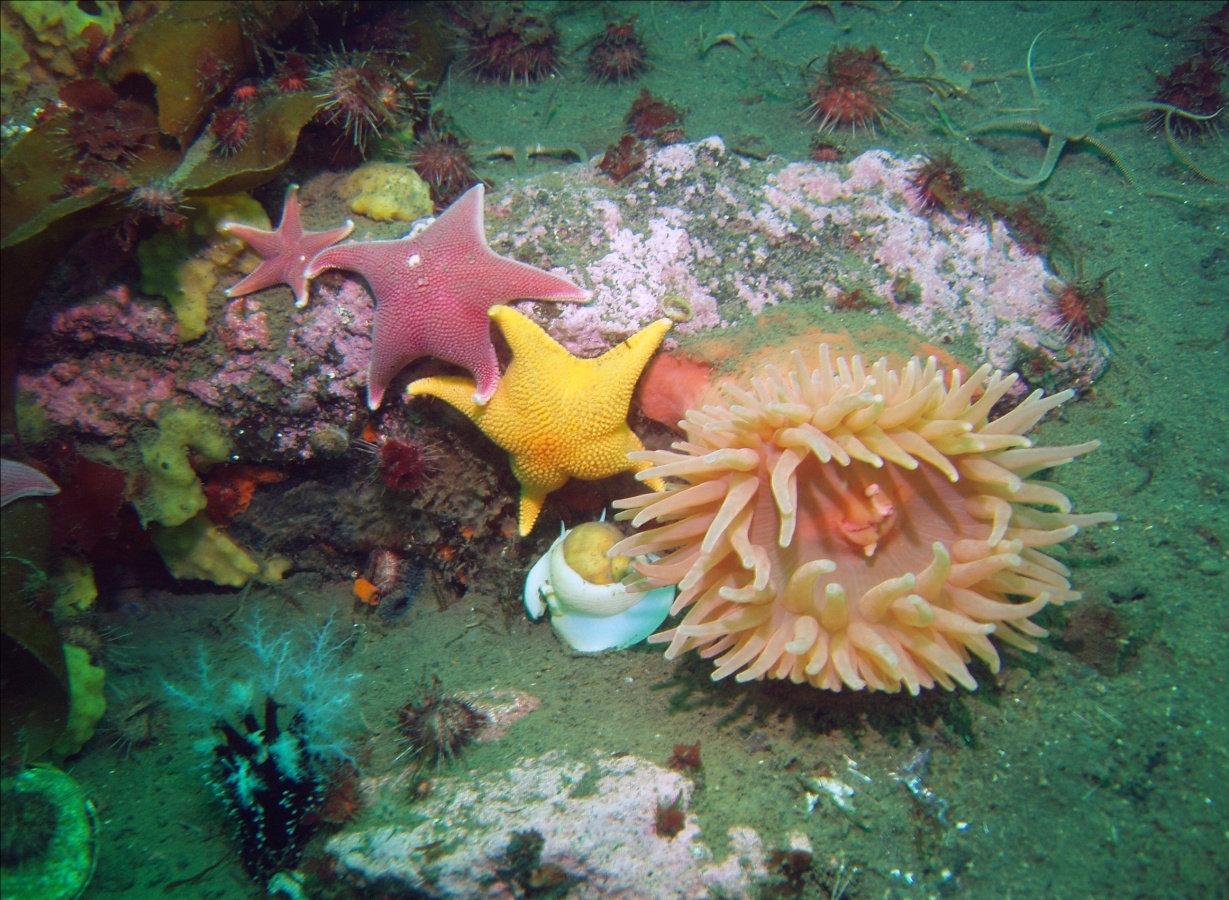Would the Antarctic marine benthos survive invasions by alien species? What can chemical ecology tell us?
The Antarctic marine benthos comprises some of the oldest and most stable marine ecosystems in the world. In these environments, marine communities are made up of very diverse invertebrates, some sessile and suspensivore, others roamer and predatory, constituting a complex web of ecological interactions. In these habitats there is strong predation pressure and enormous competition for resources, and the interactions that occur are crucial to the structuring of Antarctic communities. Consequently, many effective defensive mechanisms have evolved over the course of evolution to ensure the survival of species.
The issue is also relevant in the context of global change, as Antarctica is undergoing a dramatic increase in seawater temperature. In this context, any alien species arriving in Antarctic areas and finding a suitable environment to survive could potentially become invasive and completely disrupt the balance of Antarctic ecosystems.
Recently, it has become apparent that several alien (allopatric) species can reach Antarctic shores, and also that some deep-sea crabs are now more common in shallower waters. The chemical defences of Antarctic benthic invertebrates would then become crucial to avoid being eaten by non-native species.
Many Antarctic marine benthic macroinvertebrates are chemically protected against predation by marine natural products of various kinds. Potential Antarctic predators include mostly sea stars (macro-predators) and amphipod crustaceans (micro-predators) living in the same areas (sympatric).
The research group "Conxita's Lab", a specialist on the Antarctic seabed, investigated the effect of chemical defences of 29 Antarctic benthic macroinvertebrates representing seven different phyla against predation by using non-indigenous generalist predators as a surrogate for potential alien species. Antarctic species tested included 14 Porifera, two Cnidaria, two Annelida, one Nemertea, two Briozooa, three Echinodermata and five Chordata (Tunicata). Most of these Antarctic marine benthic macroinvertebrates were chemically protected against a generalist amphipod but not against an allopatric temperate generalist crab.
Recolonization by large deep-sea crabs or invasive species could therefore result in an invasion of non-indigenous generalist crab species that could alter the fundamental nature of these communities forever, as chemical defences would be ineffective against them. This, coupled with rising temperatures that increase the likelihood of survival of alien species, is a major threat to the Antarctic marine benthos.
Reference article:
Avila, C.; Buñuel, X.; Carmona, F.; Cotado, A.; Sacristán-Soriano, O.; Angulo-Preckler, C. “Would Antarctic Marine Benthos Survive Alien Species Invasions? What ChemicalEcology May Tell Us.” Mar.Drugs 2022, 20, 543. https://doi.org/10.3390/md20090543
